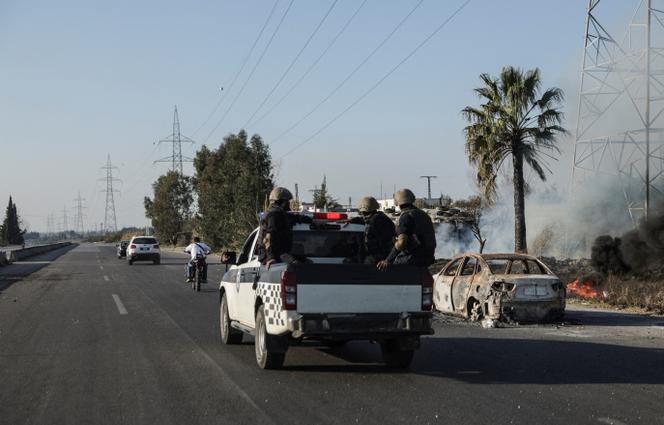


Abu Yahya sipped his coffee; Abu Osama drank a maté. The two men in their sixties (their names have been changed for security reasons), the first a Sunni and the second an Alawite, spoke at length about the situation in Syria. Their conversation on Friday, March 14, was punctuated by the sound of machine-gun bursts echoing through the coastal town of Baniyas, not far from Abu Osama's apartment in the Al-Qoussour neighborhood.
They were very much focused on the news. From Thursday, March 6, to Sunday, March 9, this Alawite district situated at the entrance to Baniyas was the scene of mass executions perpetrated by Sunni armed men and factions in response to the attacks carried out by supporters of the deposed president, Bashar Al-Assad, against the security forces. The inhabitants documented at least 100 deaths.
Abu Osama and his family were "saved" by Abu Yahya. On Saturday and Sunday, the sexagenarian hid them, along with two other Alawite families, in his apartment in a Sunni neighborhood in the city center. The 14 people waited, secluded, with the lights off and away from the windows, for the atrocities to end. Terrified and deeply distressed, they followed the tragedy on their phones.
You have 77.92% of this article left to read. The rest is for subscribers only.
